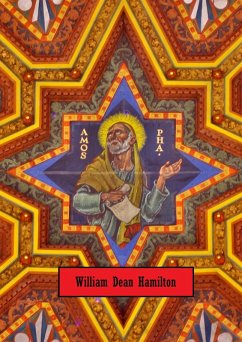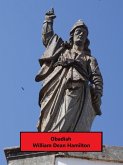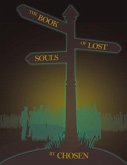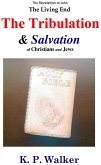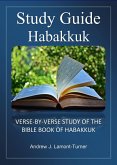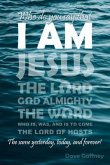Amos was living at a time when there was gross immorality in Israel and Judah, but the prophecy is centered on the northern kingdom of Israel. After a brief introduction, he lists a series of eight "for three crimes-make that four statements" against the nations which surrounded Israel, ending with Judah and Israel. The prophecies are centered in Israel, and as the judgments progress, they get physically and relationally closer to Israel. All of the nations except for Israel have about the same length of prophecy against them, but Israel's list of sins and judgments is much longer. God has been building up to the judgment of Israel for a long time, but because of his mercy, he held his judgment, but there is always a time when God can withhold his judgment no longer. Israel is more responsible for sin than gentile nations as they had received the Law and instruction from God.
Amos delivered the message that Samaria would fall, which was the capital of Israel. God has indicated that he had brought judgments of drought, disease, and a plague and caused their young men to be killed, but they still did not turn back to him. Amos then describes in a poetic fashion how wonderful and just God is in contrast to how corrupt Israel has become. He also describes judgments to come.
Amos shifts to the Day of Yahweh and describes how it will be a dark day and not light at all. He details the ways in which Israel's religious activities do not move him because of their insincerity and idolatry. He mentions the rich next, as they have been oppressing the poor. God then shows two hypothetical judgments which he did not do to Israel as they were too weak to survive, and then he lists the judgment that did happen.
Amos is confronted by the priest of Bethel and told to leave as he was disturbing the people. Amos told him that he wasn't a prophet by profession or heritage, but was called by God, and therefore had to prophesy. He then indicated that the Israelites who survived would be exiled to another land. He then continued to mix the sins of Israel with the judgment of God in a poetic way. He indicates that they have been doing the same things that God judged the gentile nation for when he banished them from the land and gave it to Israel. God promises that he will rebuild a Davidic dynasty and he will restore the cities which are in ruin. They will grow food bountifully and they will never be uprooted from the land again.
Dieser Download kann aus rechtlichen Gründen nur mit Rechnungsadresse in A, B, CY, CZ, D, DK, EW, E, FIN, F, GR, H, IRL, I, LT, L, LR, M, NL, PL, P, R, S, SLO, SK ausgeliefert werden.

